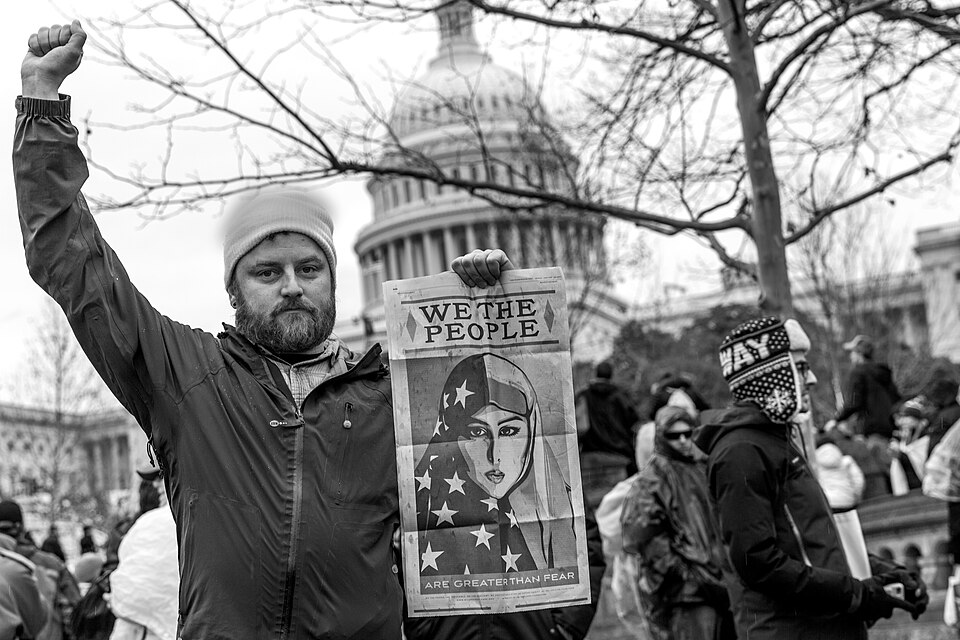Guide to Widening the We
From The Observatory
Editor: Colin Greer and Eric Laursen
Source: Human Bridges Project
Throughout history, negative human impulses (such as divisiveness, greed, aggression, etc.) have birthed periods of societal crisis. For example, polarizing political agendas and greedy economic policies not only create trauma and suffering, but they also narrow the “we” by destroying community coalitions. Fortunately, we can shift the paradigm in favor of goodwill for all. This guide provides a framework for understanding this toxic societal polarization pattern and demonstrates how we have repeatedly navigated our way out of it. By reflecting on human nature and historical examples, we can create a more inclusive future for the “we” collective.
2
Toxic societal polarization is the product of malignant bonding, scarcity mindsets, and trauma. However, there are counterbalancing strategies that citizens can implement to effect societal change.
3
Exclusionary social movements rise in polarized societies, fueled by economic, political, and social factors. Can inclusive movements find a way forward?
4
Listening skills, concrete action, and knowledge of potential vulnerabilities are just some of the necessary components for successfully keeping all the groups within a coalition together.
5
Common sense is contested terrain.
6
Political, religious, and cultural polarization has allowed urgent societal problems, such as climate change and wealth inequality, to become existential dangers. To reverse our policy paralysis, people should learn the dynamics that produce a widening or narrowing of the we.

